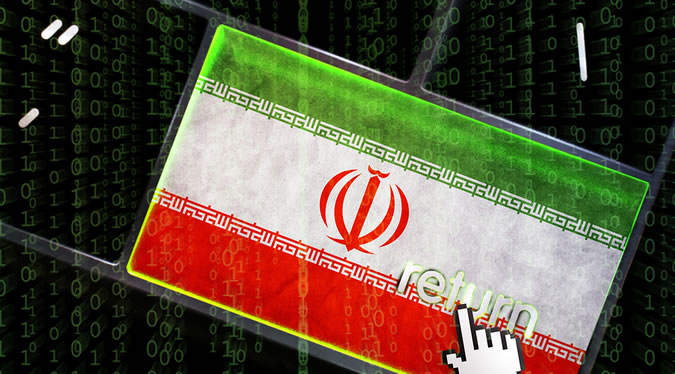Recent fires and explosions at important Iranian facilities may have been caused deliberately as part of an operation that involved cyberattacks, according to reports.
There have been several incidents at major Iranian industrial facilities in recent weeks, including a fire at the Natanz nuclear enrichment site and an explosion at the Parchin military complex near Tehran, which is believed to be involved in the production of missiles.
Iranian officials blamed the Parchin explosion on a gas leak and in the case of Natanz they downplayed the incident claiming that it only impacted a warehouse that was under construction.

However, some believe the damage was more extensive than Tehran admitted and in the case of Natanz there also appears to have been an explosion. Experts told the Associated Press that the Natanz incident apparently impacted a production facility.
Natanz, one of Iran’s primary nuclear facilities, was targeted a decade ago with the Stuxnet malware as part of a campaign supposedly conducted by the United States and Israel.
According to some reports, a cyberattack allegedly launched by Israel may have been involved in the latest incident as well.
Kuwaiti newspaper Al-Jarida claimed to have learned from sources that the Natanz fire was the result of a cyberattack aimed at gas compression systems and a blast allegedly caused a crack in a reactor building. The same newspaper reported that the Parchin incident was also caused by a cyberattack.
Learn more about industrial threats at SecurityWeek’s 2020 ICS Cyber Security Conference and SecurityWeek’s Security Summits virtual event series
Iran’s Mizan news agency cited an Iranian military leader saying that the country would “respond” if a cyberattack was involved.
An apparent Iranian dissident group calling itself “Cheetahs of the Homeland” has taken credit for the attack on the facility at Natanz, but it did not provide additional details.
Israel revealed in April that industrial control systems (ICS) at some of its water facilities had been targeted by a sophisticated threat actor which, according to SecurityWeek’s sources, knew exactly how to attack ICS.
Iran was the main suspect in that attack, whose goal may have been to disrupt or poison Israel’s water supply. However, Israel said it had thwarted the attack before any damage was caused.
Related: Bitter Israel-Iran Rivalry Takes New Forms Online
Related: Nazar: Old Iran-Linked APT Operation Monitored by NSA
Related: U.S. Girds for Cyber Threats From Iran as Military Clash Fears Ebb















